Optimal Timing for Masonry Services
Masonry services are essential for maintaining the structural integrity and aesthetic appeal of buildings, walls, and other structures. Proper timing ensures optimal results and longevity of masonry work. Seasonal considerations, weather conditions, and material properties influence the best time to schedule masonry projects.
Spring and fall are generally ideal for masonry work due to moderate temperatures and lower humidity levels, which facilitate proper curing and bonding.
Dry weather with mild temperatures reduces the risk of mortar freezing or drying too quickly, ensuring durable and stable structures.
Extreme cold can hinder mortar curing, while excessive heat may cause rapid drying and cracking. Timing work during moderate temperatures helps prevent these issues.
Certain materials perform better when installed under specific conditions. Consulting with professionals can determine the best timing based on the project scope.
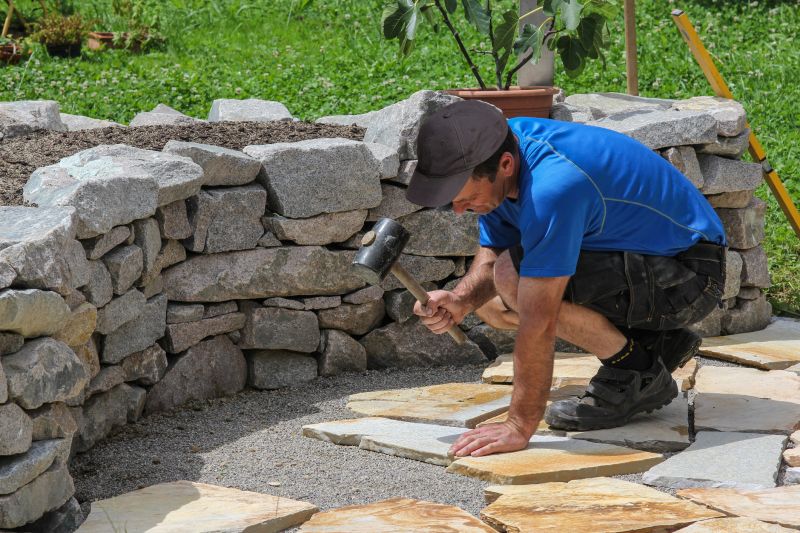
Spring offers ideal conditions for masonry projects with moderate temperatures and consistent weather.
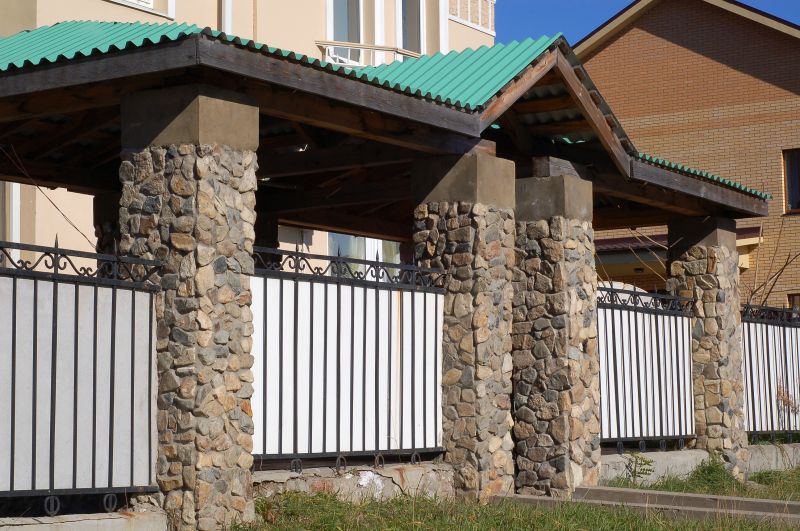
Fall provides cooler weather and less humidity, making it suitable for durable masonry work.
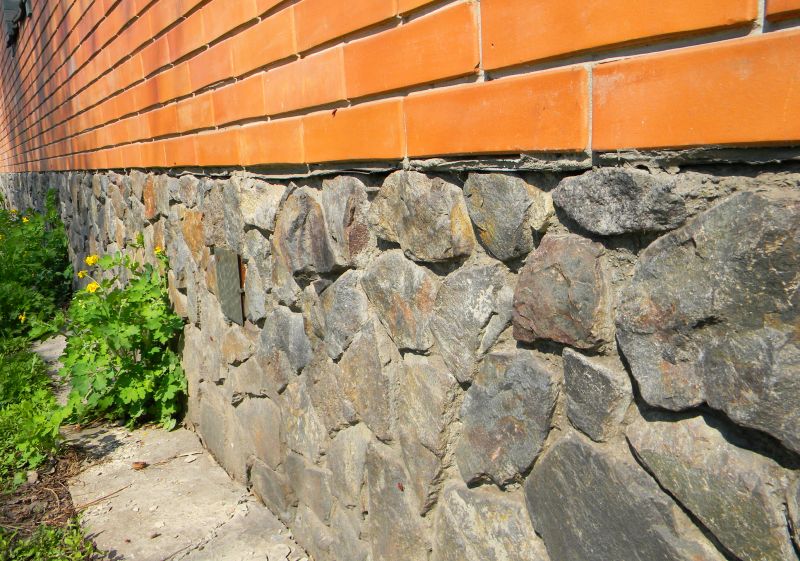
Weather plays a crucial role in the success of masonry, influencing curing times and material performance.
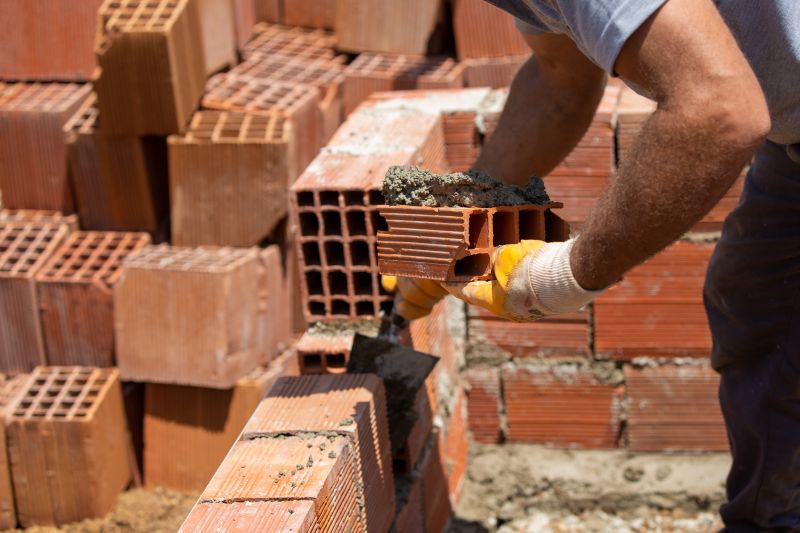
Ways to make Masonry Service work in tight or awkward layouts.
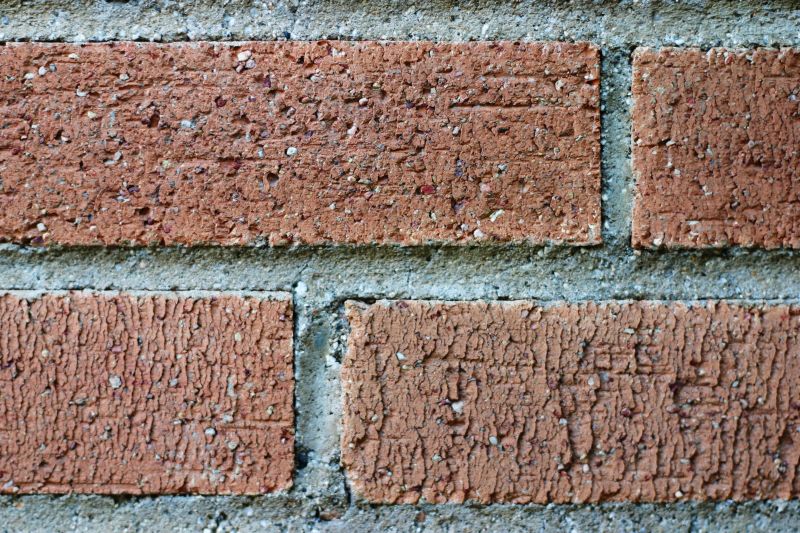
Popular materials for Masonry Service and why they hold up over time.

Simple add-ons that improve Masonry Service without blowing the budget.
| Season | Ideal Conditions |
|---|---|
| Spring | Moderate temperatures, low humidity, dry weather |
| Summer | Warm temperatures, caution against excessive heat |
| Fall | Cool temperatures, low humidity, dry conditions |
| Winter | Cold temperatures, risk of mortar freezing, not recommended |
Masonry services encompass a range of activities including wall construction, repair, and restoration. Proper timing ensures materials set correctly and structures remain stable over time. Seasonal planning can prevent issues such as cracking, shifting, or deterioration caused by adverse weather conditions.
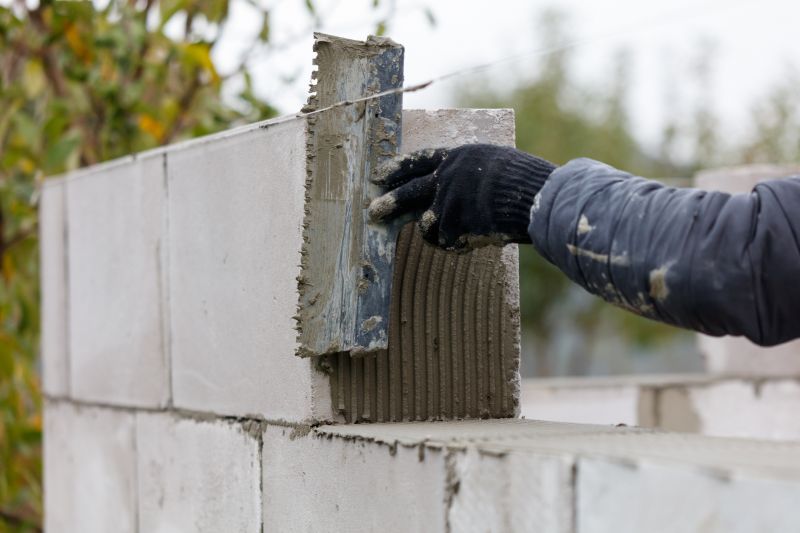
Spring's moderate climate supports strong mortar bonding and curing.
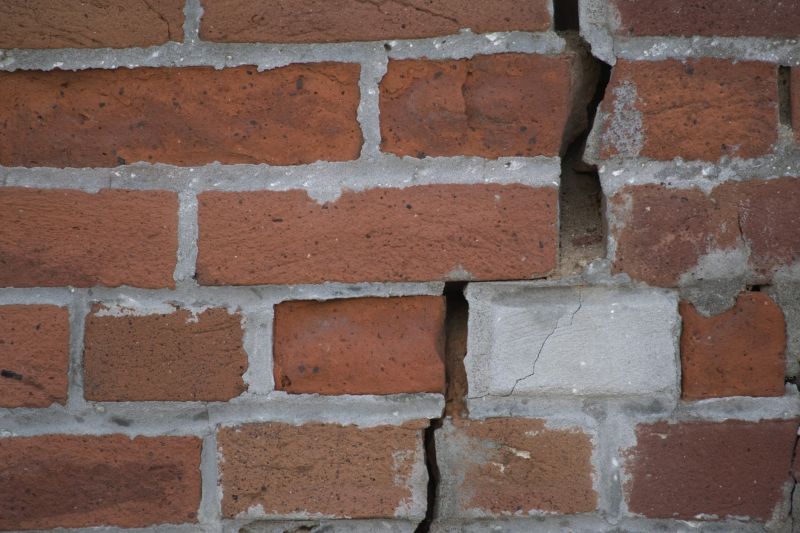
Fall's cooler weather reduces the risk of mortar failure.
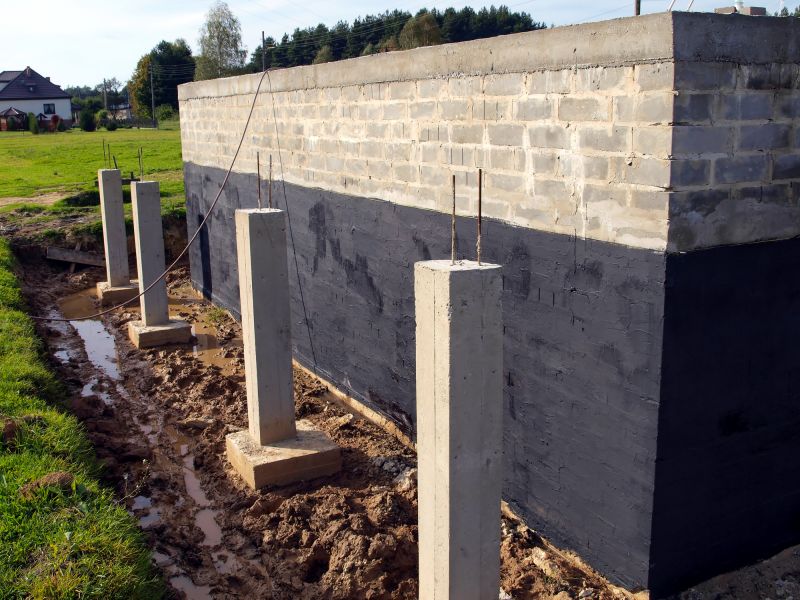
Proper timing minimizes weather-related damage and extends lifespan.
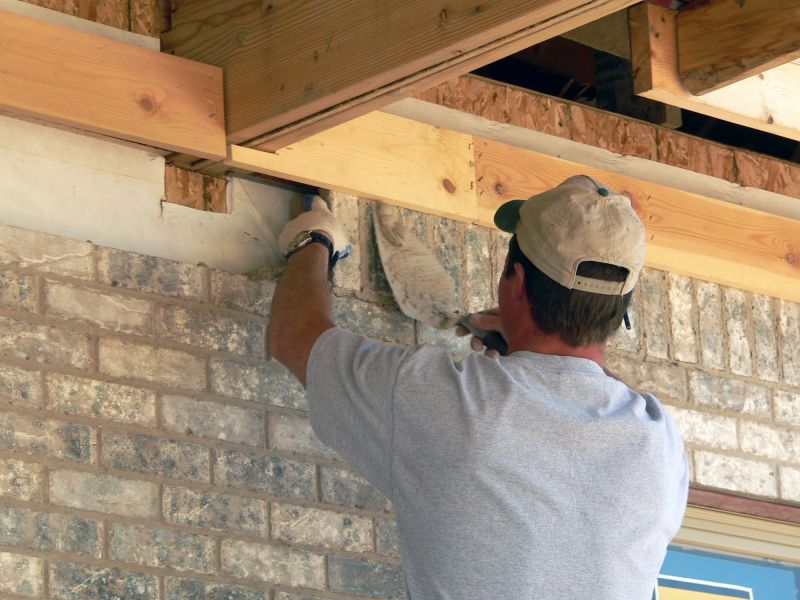
Scheduling during optimal seasons ensures better results and durability.
Interested in scheduling masonry services at the right time? Filling out the contact form can provide guidance on the best seasonal window for specific project needs. Proper timing can lead to more durable and visually appealing results, ensuring the longevity of masonry structures.
